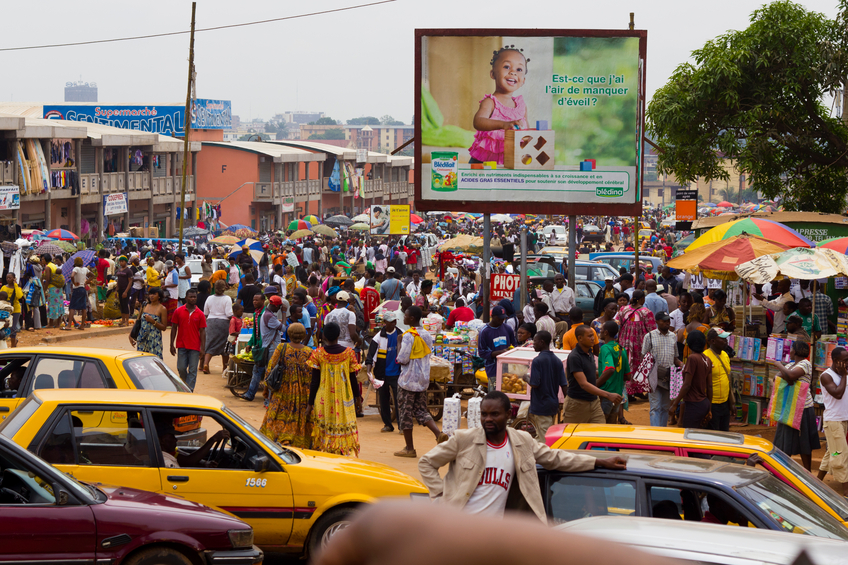The damning report revealed recently shows that the number of Cameroonians living below the poverty line has surged from 6.2 million to nearly 7 million over the last three years, a sharp indicator of what experts describe as signs of the deepening hardship in the country.
Cameroon is now the fourth poorest country within the Central African Economic and Monetary Community, CEMAC, according to the World Bank’s Eighth CEMAC Economic Barometer released recently. The damning report reveals that the number of Cameroonians living below the poverty line has surged from 6.2 million to nearly 7 million over the last three years, a sharp indicator of deepening hardship in the country per experts. Of the 20 million people living in extreme poverty across the six-member CEMAC bloc, nearly seven million are in Cameroon alone, underscoring the disproportionate burden borne by the country.
The World Bank attributes this bleak outlook to a combination of escalating conflicts, recurrent natural disasters, and increased rural-to-urban migration that is overwhelming urban centers and further stretching social services. Economic experts are raising red flags over the country’s fiscal strategy, warning that Cameroon’s persistent reliance on foreign aid and debt is at the heart of its economic fragility. “Any keen expert following up the Cameroonian economy over the last three years will recognize that the World Bank’s classification is not surprising,” said acclaimed economist, Polycarp Chenwie Talla. “The economy has been heavily dependent on foreign loans, particularly from the World Bank and IMF, with little to no accountability in their utilization.”
In addition to dependence on foreign aid, rising inflation and a lack of substantial domestic investment have worsened living conditions for millions. “Cameroon being ranked fourth does not reflect good performance,” noted Henri Kouam, Director of the Cameroon Policy Economic Institute. “At least 30% of Cameroonians live on less than $2.19 a day, and 37% are below the poverty line. These figures are alarming. The country is battling macroeconomic instability, and inflation has been on the rise recently.” The World Bank has warned that if urgent reforms are not undertaken, poverty levels could rise even further, particularly as Cameroon enters an election year.
This warning is echoed by Paul Tamfu, a program analyst at the Centre for Economic and Policy Impact, CEPI, who believes the nation is falling short of its true potential. “Despite its vast resources and a predominantly young population, Cameroon is underperforming. The nation doesn’t deserve this place in the rankings,” he said. “Without governance reforms and strategic investment in human capital, the poverty trend may worsen. But there’s still time to reverse the situation.” Despite its current challenges, the World Bank report also highlights Cameroon’s economic resilience in the face of global shocks, noting that the country has fared better than some of its regional counterparts. However, experts stress that resilience alone is not enough.
Long-term structural reforms, improved governance, and targeted investments are essential if the nation is to unlock its full economic potential and alleviate poverty sustainably. As Cameroonians look toward the future, the latest statistics serve as a sobering reminder of the urgent need for inclusive growth strategies that prioritize people over debt, and sustainable development over short-term fixes.

